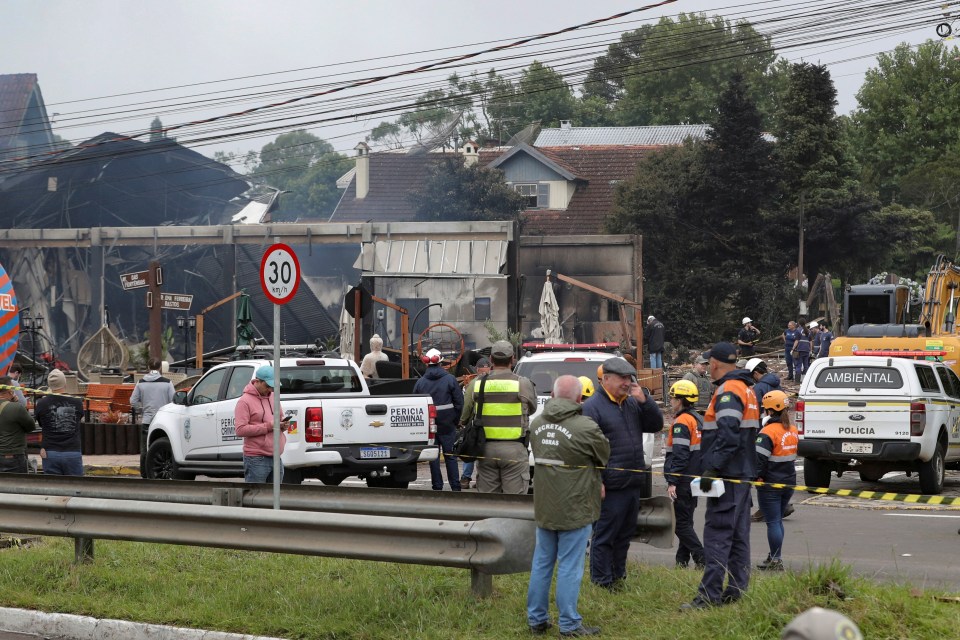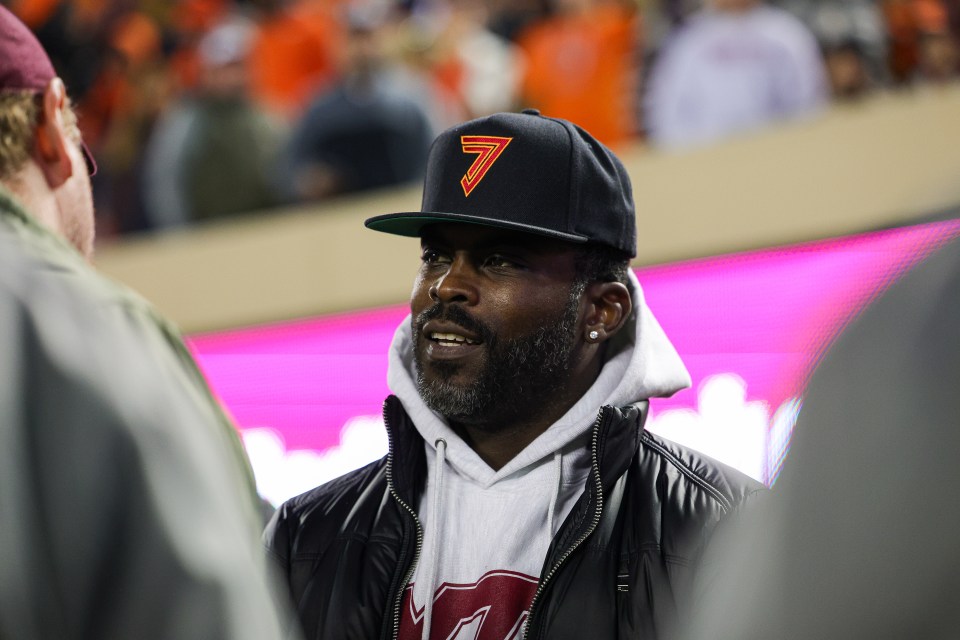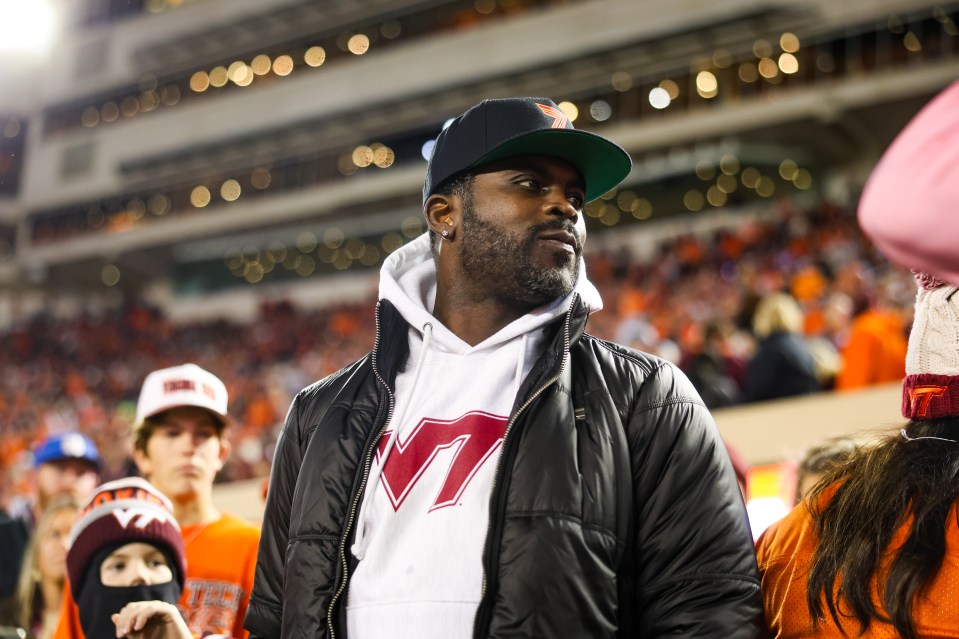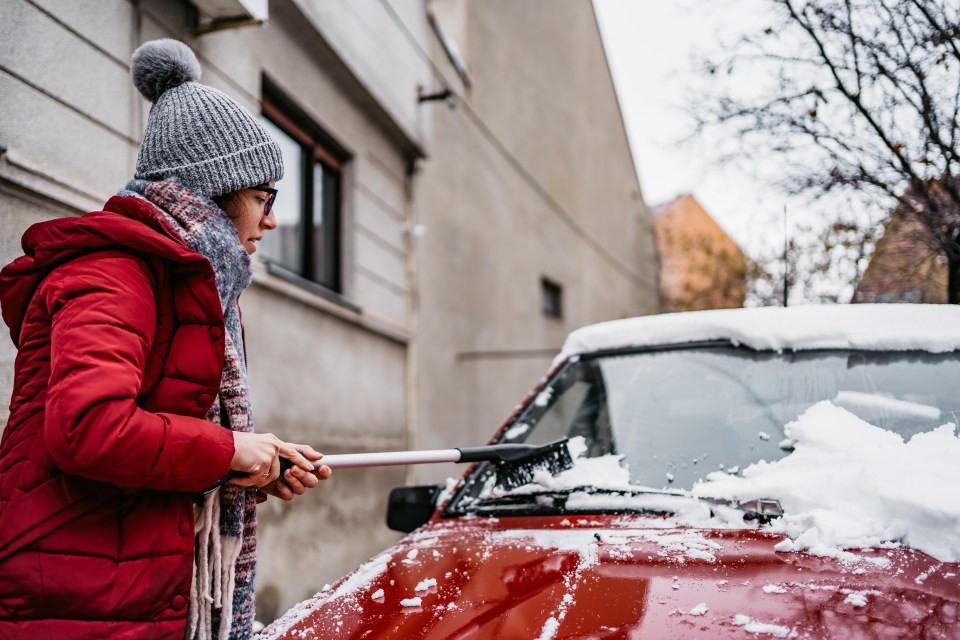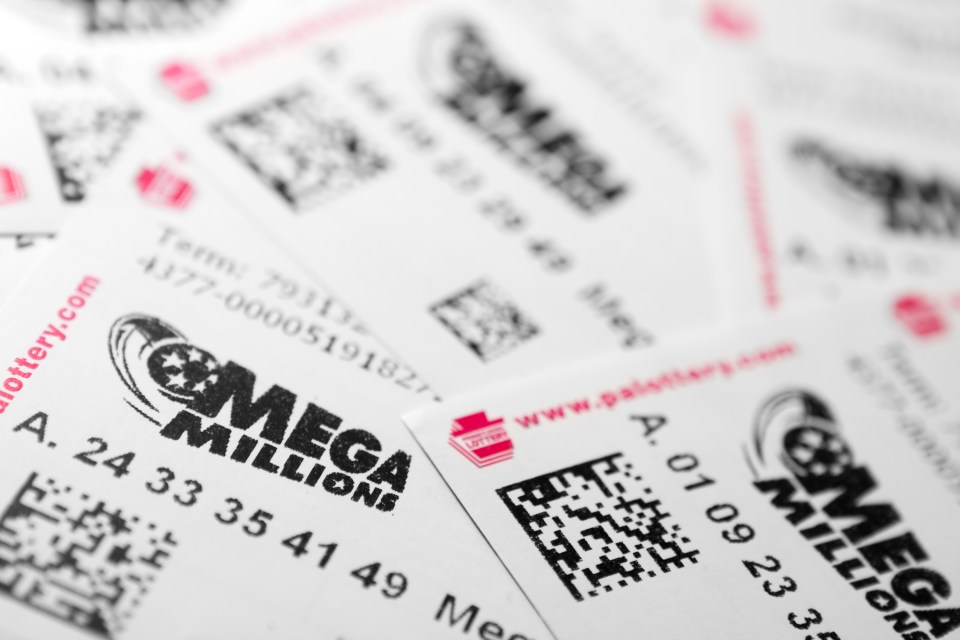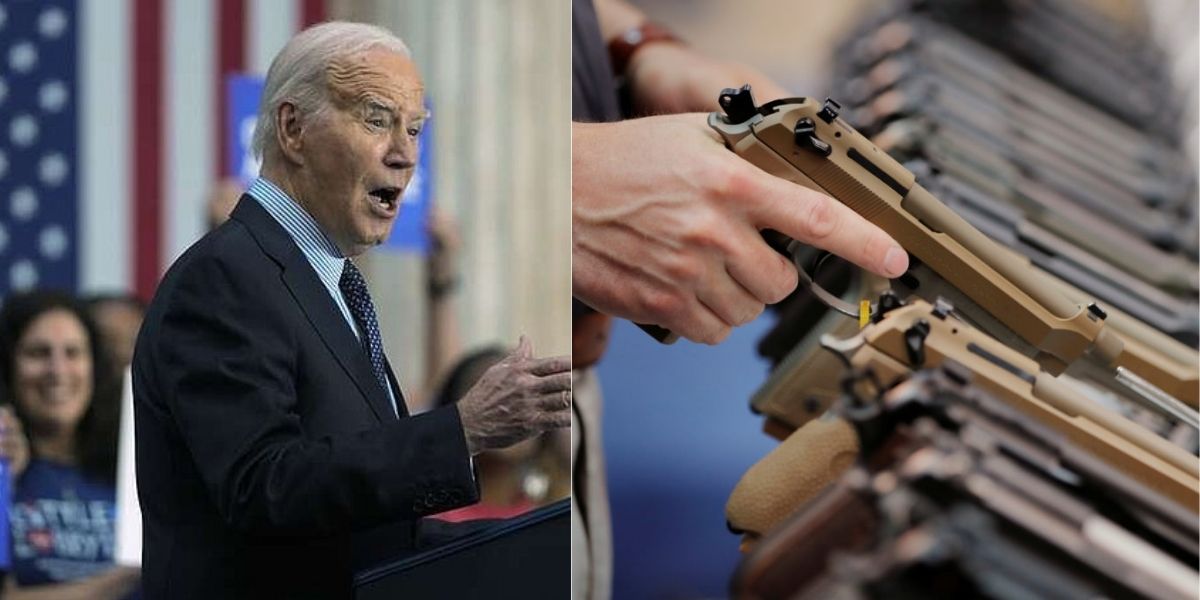Closing the “GUN SHOW LOOPHOLE”: Biden Administration Targets Unregulated Gun Sales with New Legislation
CENTRE HALL, PA. – Since 1994, federal law has required those who purchase a firearm to undergo a background check. However, many customers have avoided this step by buying from an unauthorized dealer via the Internet, at flea markets, or gun fairs.
For many years, gun control campaigners have referred to this as the “gun show loophole.” “What it is, it’s a loophole for individuals who buy guns solely to make money from them,” Hunters Warehouse owner Thomas Engle explained.
The Biden administration indicated in April that it would expand on existing laws. This is the final stage in implementing the Bipartisan Safer Communities Act, and it would prohibit the sale of guns without background checks outside of brick-and-mortar establishments, effectively closing the “gun show loophole”. However, the revisions will not affect the sale of personal collections.
The Federal Firearms Act of 1938 established the first laws governing weapons dealers. This act established the premise that to sell firearms, you must have a license. At the time, the FFA defined a “dealer” of weapons as anyone who sells firearms or ammunition. Congress repealed the FFA after determining that it did not offer appropriate license fees or proper procedures for awarding or denying licenses.
Most recently, President Biden signed the Bipartisan Safer Communities Act. This act strengthened the background check system by widening the definition of licensed gun dealers, requiring additional background checks for buyers under the age of 21, and making gun trafficking a federal criminal.
Many weapons are sold without a background check at gun shows. And some argue that gun shows are among the safest places.
“Legal gun owners are very safe, upstanding citizens. This is an excellent place. This isn’t a scary place. Therese Hollen, a candidate for Pennsylvania State Representative for the 82nd District, stated that there is no need to be concerned about illicit activity taking place here.
“When you allow proper gun ownership, your people are safer. “I don’t feel safer anywhere else than at a gun show,” Pennsylvania State Senator Cris Dush stated. “And it’s because we’ve got good, everyday citizens that are here not just exercising their right, but also examining how or what kind of equipment they can use to best defend themselves and their families.”
According to the Pennsylvania State Police, more than 1.4 million background checks were requested in 2021. This was the second-largest volume since its establishment in 1998. With so many background checks, some people argue that more background check regulations are unnecessary. “To be honest, I do not believe that any new gun legislation should be passed. “I believe there are plenty,” Hollen remarked. “There’s a lot of gun legislation on the books. All we need to do is enforce the existing regulations, and we’ll be OK.
Background checks are the first – and most important – step in any gun sale for a registered dealer. “I believe that our gun owners, in general, should be more responsible about who they give their guns to. “You should conduct a background check because you don’t know who you sold the gun to,” Engle stated.
Engle does not see closing the loophole as an attack on Second Amendment rights, but rather as a measure to ensure that gun sellers are accountable for helping to prevent violence.
“This is intended for anyone who wishes to buy and resell. “It’s not the gun show loophole that everyone keeps talking about,” Engle explained. “But it might stop the people that are intentionally breaking the law by buying for resale.” Many believe that closing the loophole will have an economic impact as well as reduced participation at gun fairs.
“It will have an economic impact, and to be honest, I believe that is one of the two main reasons why people want this. They want to shut these things down so that people can’t exercise their rights. “They want these businesses to go out of business,” Dush remarked.
States are pushing back against the changes. On May 1, the states of Texas, Louisiana, Mississippi, and Utah sued the Bureau of Alcohol, Tobacco, Firearms, and Explosives. According to the lawsuit, the states are “seeking a stay of agency action, temporary restraining order, and/or a preliminary injunction to preserve the status quo, followed by a declaratory judgment and permanent injunctive relief restraining Defendants from enforcing a Final Rule issued by the Bureau of Alcohol, Tobacco, Firearms, and Explosives of the U.S. Department of Justice on April 19, 2024, entitled “Definition of ‘Engaged in the Business’ as a Dealer in Fire



